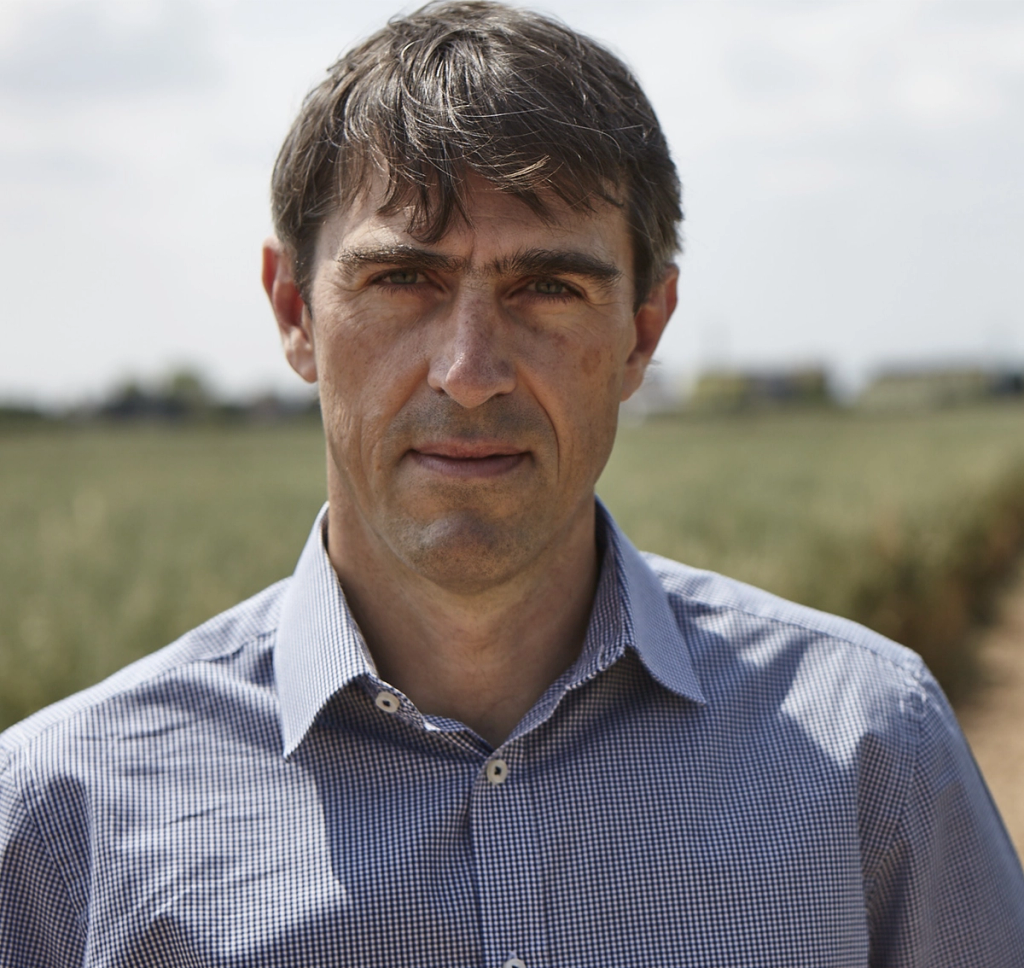
Research Director, Davines Group -Rodale Institute European Regenerative Organic Center (EROC)
2014-2022 Principal Scientific Officer, Agri-Food & Biosciences Institute,Belfast, UK.

Is the Research Director of the Davines Group - Rodale Institute European Regenerative Organic Center (EROC) in Parma, Italy. He earned a PhD in Ecology from the University of Pretoria, South Africa, in 2005. He later held a Marie Curie Postdoctoral Fellowship, researching at the University of Minnesota (USA) and Lancaster University (UK). He was a Lecturer at Ulster University (UK) and led the Terrestrial Ecology and Soil Biogeochemistry program at AFBI in Belfast (2014–2022).
Dario has authored over 90 scientific publications and contributed to key Networks of Excellence, including FAO’s LEAP Partnership, the Global Soil Partnership (GSP) on Soil Organic Carbon, and the Global Research Alliance.
Regenerative Organic Agriculture includes practices like minimal soil disturbance, crop rotation, cover cropping, avoiding synthetic inputs, and using organic fertilizers. These practices improve soil health and quality.
Though long recognized, regenerative principles have not been widely adopted, especially since chemical-intensive farming expanded over a century ago. This has led to soil dependency on synthetic inputs, creating a cycle where increasing chemical use is needed to maintain productivity while soil health declines.
The promotion and implementation of the regenerative organic agriculture movement globally face socio-economic and political challenges. Public and private investments are needed to support farmers in the agroecological transition, along with political backing through new legislation and greater consumer awareness of the quality and benefits of regenerative organic products
EROC will remain a reference point for the regenerative organic movement for many years during which research, education and dissemination activities will be delivered to a very wide audience.